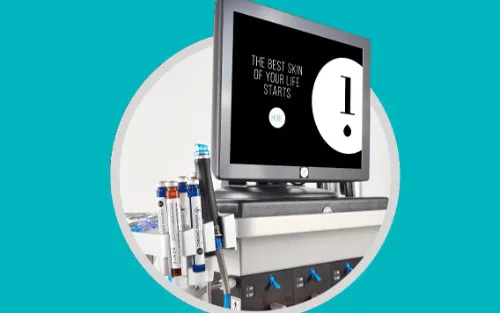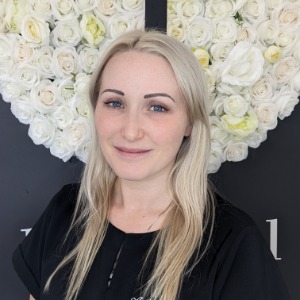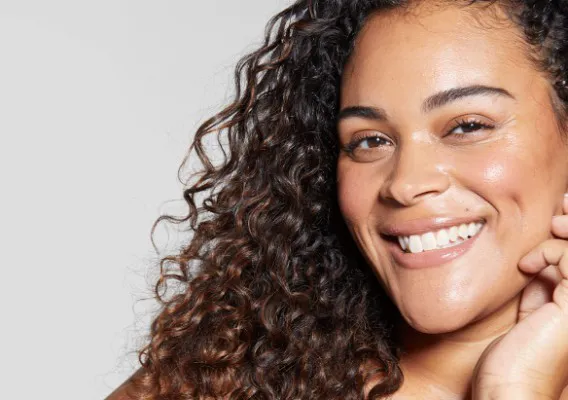Hydrafacial™ is a painless hydradermabrasion treatment that uses patented vortex technology to cleanse, extract and hydrate skin. It is a safe and effective treatment and can even be used on sensitive skin.
Hydrafacial treatment can help improve many skin concerns which include but aren’t limited to, fine, lines and wrinkles, elasticity and firmness, skin texture, uneven skin tone, age spots brown spots, acne, oily skin and congested skin and enlarged pores leaving you with healthy, hydrated and instantly glowing skin.
In the UK, Hydrafacial prices generally vary from £95-£220.
Your Hydrafacial Questions
Real Questions from Real People - Answered
Straightforward answers to the questions people like you are asking right now about Hydrafacial.

About skin type.
Hi, my skin is dry and sensitive, and previously I have a lot of porn and ache, but now no have no but my skin was had no sunshine, and I have skin allergy and eczema problem, no cream or moistures not suite my skin, if I used skin product mybface started porn or something Allergy reaction, And have too much hair on my skin, So I want to know which treatment is Best my skin is hydrofacial or something, which one remove my skin hair, and smooth my skin shine without any side effects because my skin was so sensitive.
Booking .
Can you let me know what your cost is for a hydra facial? I believe there was an express version before but it’s been a while since I’ve been
To view all the Hydrafacial questions, please click here.
Or click here to ask your own question.
Find A Verified Clinic
Trusted Hydrafacial Experts, Local to You
Easily connect with qualified, verified professionals for safe, reliable treatment.

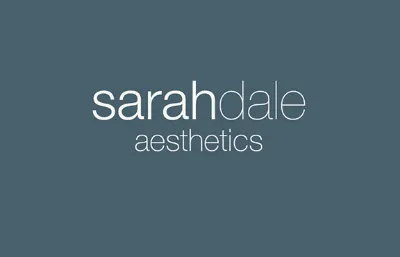
Sarah Dale Aesthetics
8 Wadebridge Street, Poundbury, Dorchester, Dorset, DT1 3AT
Sarah Dale Aesthetics is a clinician-led skin and laser clinic in Dorchester, Dorset, offering advanced treatments focused on skin health, confidence, and natural results.
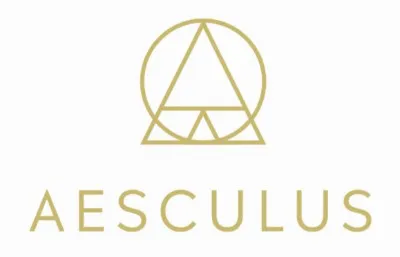
Aesculus Clinic
The Health Hub, 157 High Street, New Malden, KT3 4BH
Welcome to Aesculus Clinic Where expertise meets kindness, we don’t just treat skin, we nurture confidence, wellbeing, and the best version of you
To find a Hydrafacial clinic near you, please click here.
Hydrafacial Reviews
Real Experiences. Honest Feedback.
Read what others have to say about Hydrafacial before you decide.

Jemima Ahmed, Surrey
"Absolutely loved my Hydrafacial/Dermaplaning with Jaye. Really got into the problematic areas on my face to ensure I got the best out of my treatment. Loved it so much that I bought a pack."
Jayne Hagan, Surrey
"Jaye and her team are amazing. I have seen so much improvement in my skin. I absolutely love my hydra facials. Jaye is extremely knowledgeable. Highly recommended!"
Paula Humphreys, Swindon
"I would absolutely recommend Anna Medical. Anna and the team offer a brilliant range of treatments and products to help with any concerns you may have. Extremely knowledgeable about the latest treatments and very patient when explaining processes. I have seen such an improvement in my skin since coming to the clinic which has boosted my confidence and significantly reduced the amount of make up I wear."
To view all the Hydrafacial reviews, please click here.
Hydrafacial Before And After Images
See the Results for Yourself
Explore real Hydrafacial before and after images to understand what’s possible.

.jpg)
Hydrafacial Before And After
HydraFacial is a medical grade facial including 6 treatments in 1 to deeply exfoliate and hydrate the skin, suitable for all skin types giving instant and long lasting results, it can also be upgraded to work on the eyes, lips, wrinkles and acne
.jpg)
Hydrafacial Before And After
HydraFacial is a medical grade facial including 6 treatments in 1 to deeply exfoliate and hydrate the skin, suitable for all skin types giving instant and long lasting results, it can also be upgraded to work on the eyes, lips, wrinkles and acne
To view the Hydrafacial gallery, please click here.
Hydrafacial Videos
Everything You’ve Been Wondering — Answered
See real treatments, expert advice, and patient stories brought to life.

Hydrafacial Products
Explore the Hydrafacial Brands We Trust
Discover the leading products used by professionals, all in one place.

HydrafacialWhat Is and How Does It Work?
2 / 2 Discover the power of the Hydrafacial and learn how this non-invasive skin treatment works to cleanse, exfoliate, and hydrate for a radiant glow.
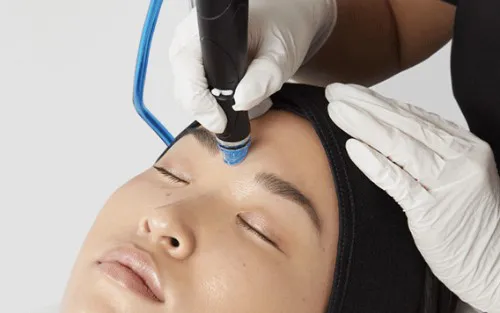
What Areas Can Be Treated With Hydrafacial?
Unlock the possibilities of Hydrafacial! Explore the various areas that can be treated with this rejuvenating skincare treatment for a refreshed and glowing complexion.
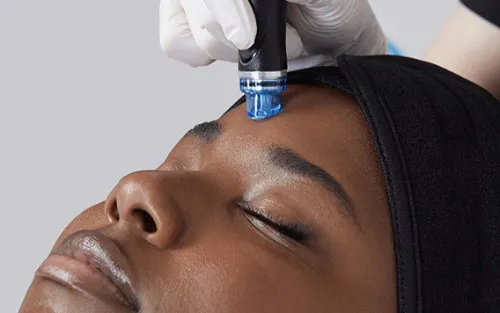
Who Should You Trust To Do Your Hydrafacial?
Choose your Hydrafacial expert wisely! Discover who you can trust to perform your Hydrafacial treatment, ensuring professional care and exceptional results for your skin.
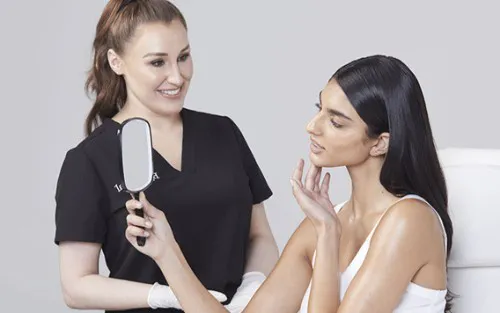
How Much Does Hydrafacial Cost?
Get the facts about Hydrafacial costs! Find out the pricing details and factors that determine how much a Hydrafacial treatment may cost, helping you plan your skincare budget effectively.

Hydrafacial For Acne
Discover the benefits of Hydrafacial for acne-prone skin. Our article explains how this innovative treatment can help clear your complexion. Read more now.
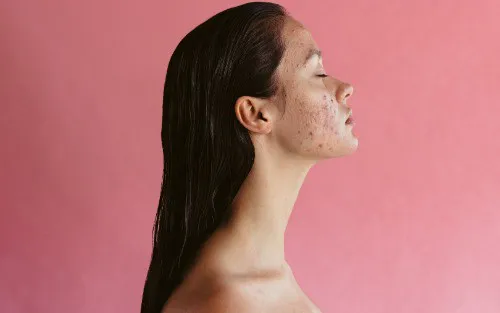
Hydrafacial For Uneven Skin Tone
Learn how Hydrafacial can effectively tackle uneven skin tone. Our article reveals the transformative power of this skincare treatment. Read more now.
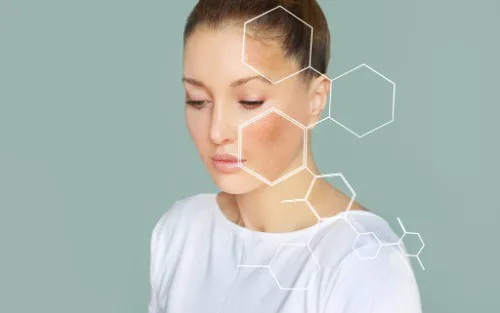
Hydrafacial For Rosacea
Discover the soothing benefits of Hydrafacial for rosacea-prone skin. Our article explores how this treatment can help reduce redness and promote a healthier complexion. Read more now.
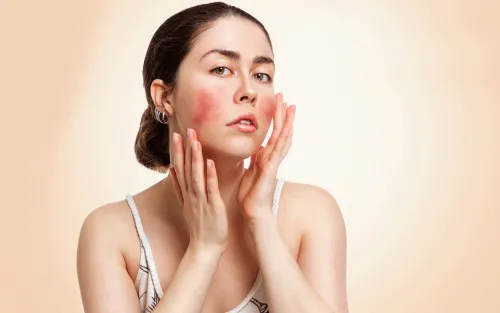
HydrafacialFor Sensitive Skin
Discover the gentle care of Hydrafacial for sensitive skin. Our article explores how this treatment nourishes and revitalizes delicate complexions. Read more now.
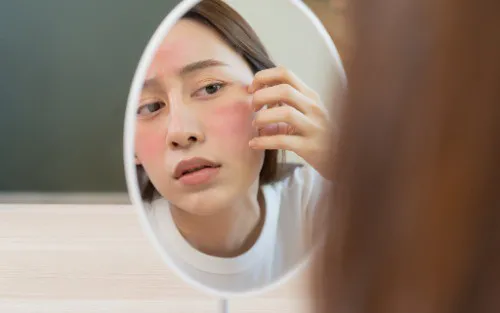
HydrafacialFor Dry Skin
Revive your dry skin with Hydrafacial. Discover how this treatment replenishes moisture, leaving your skin hydrated and glowing. Read more for a radiant complexion.

HydrafacialFor Dull Skin
Transform dull skin with Hydrafacial. Unveil a radiant glow as this treatment exfoliates, hydrates, and revitalizes your complexion. Learn more about vibrant skin.

HydrafacialFor Sun Damage
Reverse sun damage with Hydrafacial. Our article reveals how this treatment rejuvenates your skin, reducing the effects of sun exposure. Learn more now.
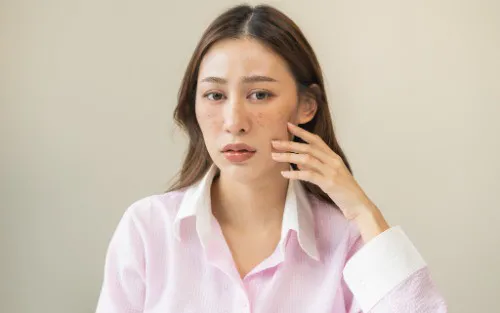
Hydrafacial For Ageing Skin
Combat ageing skin with Hydrafacial. Discover the transformative effects of this treatment in reducing wrinkles and restoring youthful radiance. Read more now.

Hydrafacial Keravive for Hair
Experience the ultimate scalp rejuvenation with Hydrafacial Keravive. Discover how this treatment revitalizes your hair and promotes a healthier scalp. Read more now.
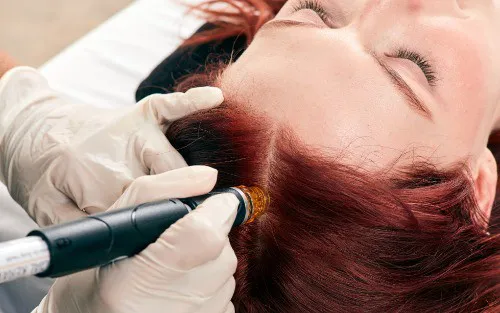
How To Buy A Hydrafacial
How to Buy a Hydrafacial
